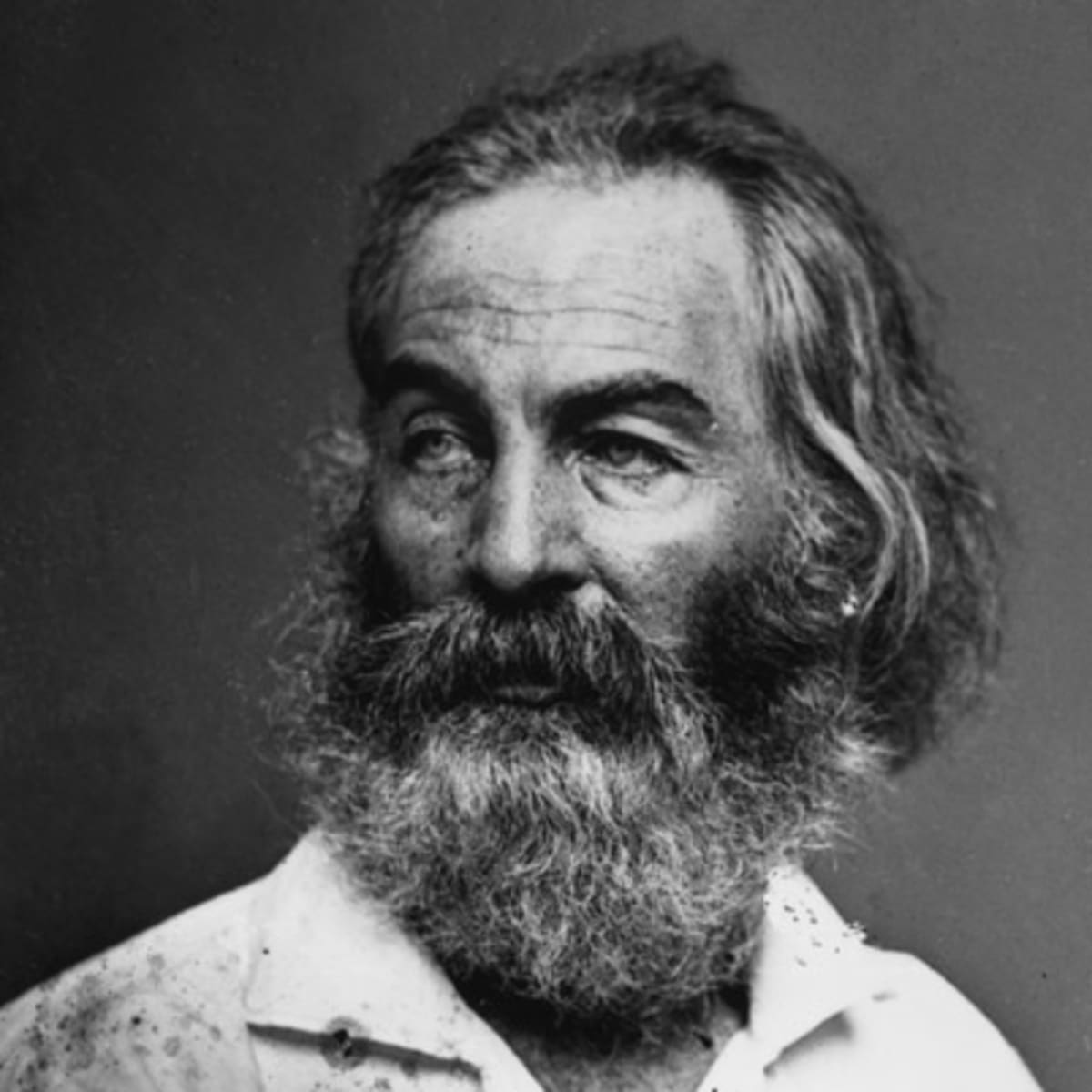Has any one supposed it lucky to be born?
I hasten to inform him or her it is just as lucky to die, and I know it.
I pass death with the dying and birth with the new-wash'd babe, and am not
contain'd between my hat and boots,
And peruse manifold objects, no two alike and every one good,
The earth good and the stars good, and their adjuncts all good.
I am not an earth nor an adjunct of an earth,
I am the mate and companion of people, all just as immortal and fathomless
as myself,
(They do not know how immortal, but I know.)
Every kind for itself and its own, for me mine male and female,
For me those that have been boys and that love women,
For me the man that is proud and feels how it stings to be slighted,
For me the sweet-heart and the old maid, for me mothers and the mothers
of mothers,
For me lips that have smiled, eyes that have shed tears,
For me children and the begetters of children.
Undrape! you are not guilty to me, nor stale nor discarded,
I see through the broadcloth and gingham whether or no,
And am around, tenacious, acquisitive, tireless, and cannot be shaken away.
Published:
1885
Length:
Regular
Literary Movements:
Transcendentalism
Anthology Years:
2023
Themes:
Death & Loss
Identity
Literary Devices:
Allusion
an expression designed to call something to mind without mentioning it explicitly; an indirect or passing reference
Anaphora
a figure of speech in which words repeat at the beginning of successive clauses, phrases, or sentences
Imagery
visually descriptive or figurative language, especially in a literary work
Repetition
a recurrence of the same word or phrase two or more times

